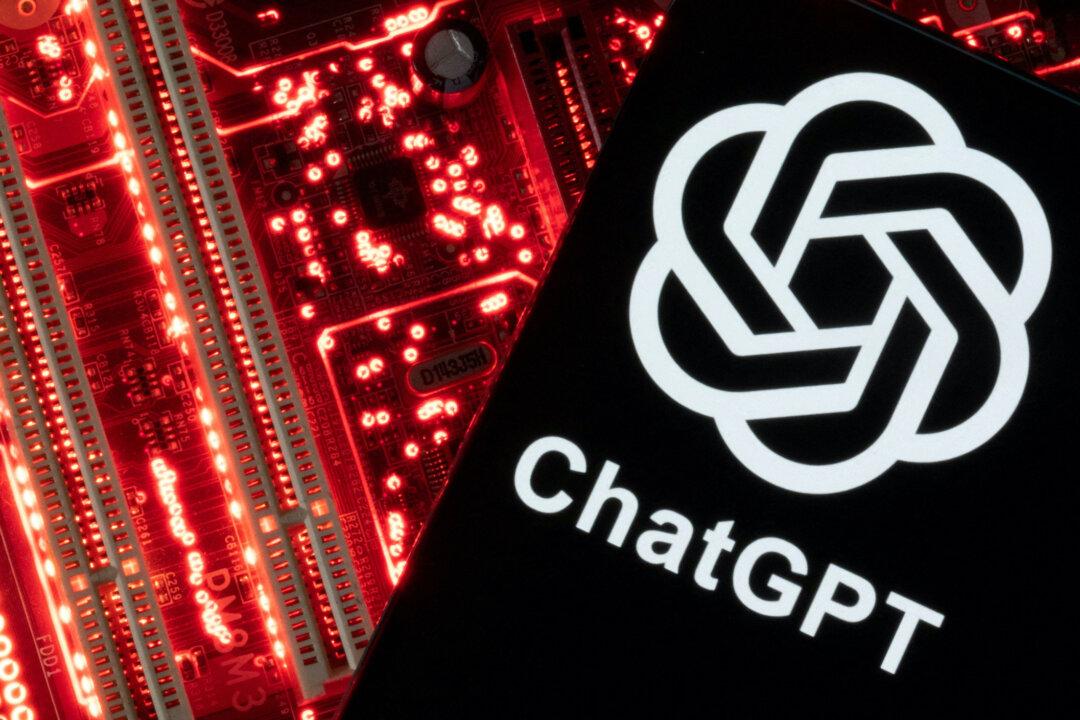Many white-collar jobs can be done much more efficiently with the help of artificial intelligence such as ChatGPT, according to a recent research paper. While the AI can help at least a little bit with most jobs, the impact would tend to be greater on higher-paid jobs that require higher education, the paper says.
“Our findings confirm the hypothesis that these technologies can have pervasive impacts across a wide swath of occupations in the US,” the authors said in their conclusion (pdf).





